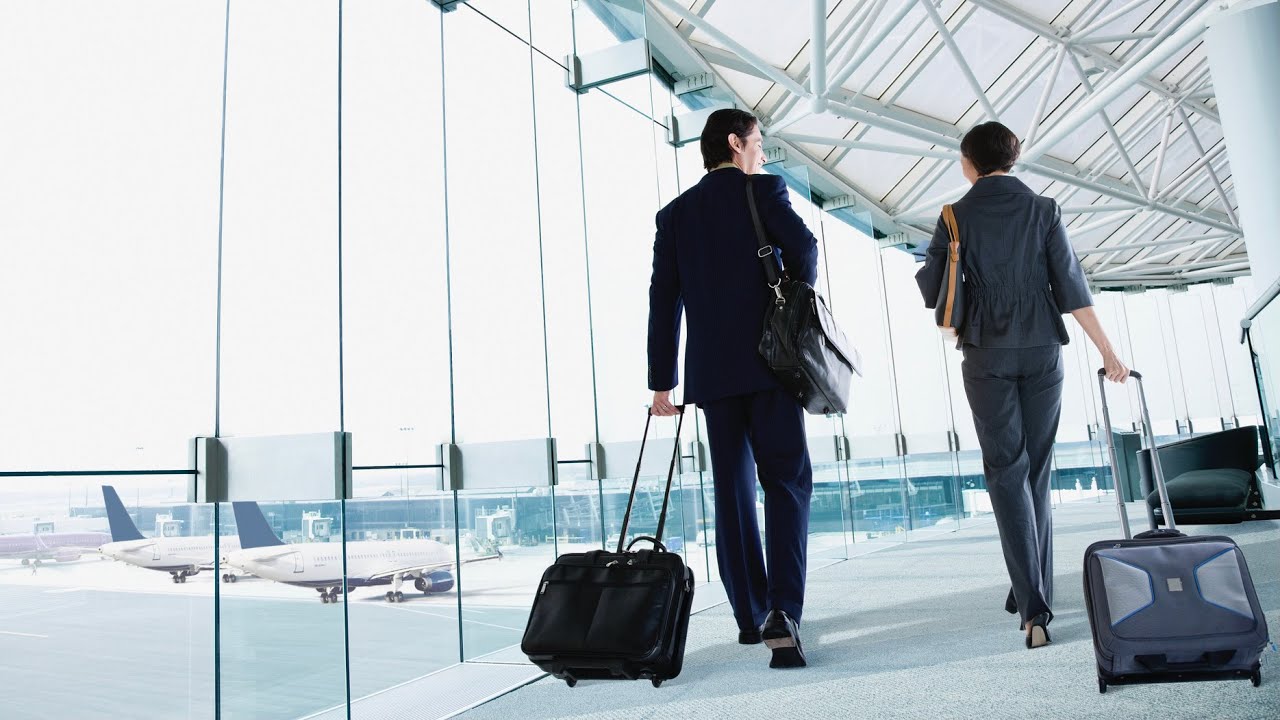Introduction
The way we travel has been changing over the last few years, and Hybrid Travel is leading the charge. With more people working remotely and businesses becoming more flexible, travelers now have the ability to combine work and play in one trip. Hybrid travel allows people to seamlessly blend business meetings and leisure activities, turning traditional work trips into fun and relaxing getaways.
In 2025, this trend is growing rapidly, offering a new way for professionals to enjoy their time away from the office. Whether it’s adding an extra day for sightseeing after a conference or extending a work trip to explore new destinations, hybrid travel is making it easier to balance work with relaxation. Let’s explore the ins and outs of this trend and how it’s reshaping the way we travel for business and pleasure.
What is Hybrid Travel?

Instead of the traditional approach where work travel is separate from personal vacations, hybrid travel allows individuals to combine both aspects into a single journey. This can involve adding leisure time after a business event or mixing work meetings with vacation activities.
The flexibility of hybrid travel has become especially popular with the rise of remote work and flexible schedules. In 2025, the line between work and leisure is increasingly blurred, allowing employees to take advantage of opportunities to travel without feeling disconnected from their professional responsibilities.
Why Hybrid Travel is Gaining Popularity in 2025

1. Remote Work and Flexible Schedules
In 2025, more people are working remotely than ever before. Many companies have shifted to flexible work policies that allow employees to work from anywhere.
Whether it’s a beachside café or a city hotel room, employees can stay productive while enjoying a change of scenery. The rise of remote work has made hybrid travel a convenient and appealing option for many professionals.
2. Cost-Effective Travel
With hybrid travel, individuals can save on travel costs by combining business and leisure expenses. When employees travel for business, the company often covers the cost of flights, accommodation, and meals. By extending the trip for leisure, travelers can reduce the overall cost of their vacation, making it more affordable.
For companies, hybrid travel can also help reduce travel budgets. Employees can attend business events, conferences, or meetings and then extend their stay at no extra cost to the company, as they pay for their leisure activities.
3. Improved Work-Life Balance

One of the most significant benefits of hybrid travel is the ability to achieve a better work-life balance. Professionals no longer have to choose between work and play—they can have both.
After attending business meetings or conferences, travelers can use their free time to relax, explore, or spend time with family and friends. This flexibility allows workers to recharge and enjoy their travels without feeling guilty about taking time away from their responsibilities.
4. Increased Productivity
Some studies have shown that a change in environment can boost productivity. Working in a new destination can inspire creativity, increase focus, and reduce stress. For many professionals, spending a few days in a new city or country can actually lead to higher productivity when they return to their work tasks.
By combining work with leisure, employees can return to their offices feeling refreshed and energized, which can help with long-term job satisfaction and performance.
How to Make the Most of Hybrid Travel in 2025

1. Plan Your Trip Wisely
To get the most out of hybrid travel, it’s essential to plan your trip carefully. Consider how much time you need for work commitments and how much time you want for leisure activities.
For example, if you’re attending a conference, try to schedule extra days for sightseeing or relaxing in the area after the event. This way, you can balance your professional responsibilities with your personal interests without feeling rushed.
2. Choose Locations with Good Work Infrastructure
When planning a hybrid travel trip, make sure to choose a destination that offers a reliable internet connection and good work infrastructure. This is especially important for remote workers who need to stay connected to their job during the trip.
Look for hotels, coworking spaces, or cafes that provide high-speed Wi-Fi and quiet places to work. Some cities are becoming popular for digital nomads because they offer excellent workspaces and amenities for professionals who want to mix business with pleasure.
3. Set Clear Boundaries Between Work and Leisure

While it’s tempting to spend your entire trip exploring, it’s important to set clear boundaries between work and leisure time. Allocate specific hours for work and stick to that schedule. Once your work hours are over, switch gears and focus on enjoying your surroundings.
This approach ensures that you can enjoy your leisure time guilt-free while still staying on top of your work responsibilities. Having a clear schedule also helps you make the most of both aspects of your trip.
4. Use Technology to Stay Organized
Technology plays a key role in hybrid travel. Use apps to stay organized and manage your work and leisure plans. Calendar apps can help you keep track of your work meetings, while travel apps can help you plan your leisure activities, such as sightseeing tours, restaurant reservations, and transportation.
Additionally, using project management tools or communication apps can ensure that you remain productive while working remotely. These tools will help you stay connected with your team and manage tasks on the go.
The Future of Hybrid Travel

As the world of work continues to evolve, Hybrid Travel will likely become even more common in 2025 and beyond. With the rise of remote work, digital nomads, and flexible schedules, the demand for travel that blends business with leisure is expected to increase.
The growth of digital nomad visas, which allow professionals to work in foreign countries for extended periods, is also expected to boost hybrid travel. These visas provide an opportunity for professionals to travel while still fulfilling their work commitments, offering more flexibility than ever before.
Table: Benefits of Hybrid Travel
| Benefit | Explanation |
|---|---|
| Cost Savings | Combining business and leisure expenses reduces overall costs. |
| Work-Life Balance | Travelers can balance their professional duties with personal time. |
| Increased Productivity | A change in environment can boost creativity and focus. |
| Flexibility | Hybrid travel allows workers to stay productive while exploring new destinations. |
This table highlights the main benefits of hybrid travel, showing why it’s a growing trend in 2025.
Conclusion
Hybrid travel is transforming how we think about work and leisure. In 2025, this trend is set to continue as more people embrace the flexibility that remote work offers. By blending business with pleasure, travelers can experience new destinations, improve their work-life balance, and stay productive while enjoying their time away from the office.
As the hybrid travel trend grows, companies and employees alike will continue to find new ways to combine work with exploration, making it easier than ever to enjoy both at the same time.




